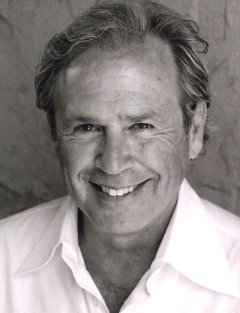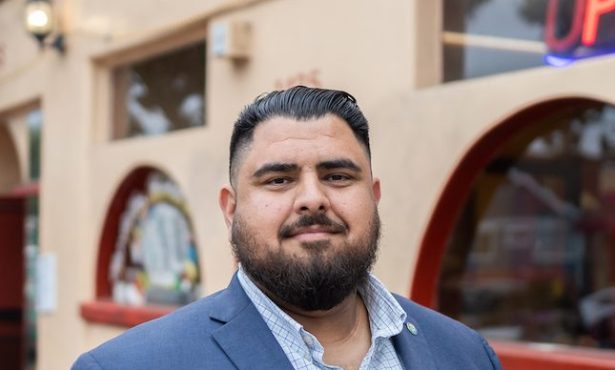Beware of Fat Friends
We’ve always heard that we are what we eat. But now, it seems, we are whom we eat with.
That is the apparent conclusion of one of this summer’s most highly reported health findings. A study published in the prestigious New England Journal of Medicine found that if you hang around fat people, you are more likely to become overweight yourself. Analyzing a huge social network of more than 12,000 people who were associated for 32 years, the Harvard and UCSD researchers discovered you will have a 57 percent greater chance of becoming obese yourself if your close friend does, 37 percent if your spouse does, and 40 percent if your sibling packs on the pounds.

At first, I was irrationally alarmed by this study. I read it not too long after sharing an airplane two-seater with an overly large man on a flight from St. Louis to Los Angeles. Now I have to worry that this man-who turned out to be a very pleasant conversationalist-has infected me with obesity, and the 15 pounds I have worked so hard to lose will come careening back to my middle section two-fold.
Come to think of it, I have been hungrier ever since that trip.
I have also wondered about the overall social implications of these findings. Does this mean fat people will be banned from restaurants, like smokers have become? Or perhaps the restaurant lobby will advocate for the opposite-offering Big Momma Specials-in order to attract large people who will in turn infect others with the inescapable need to order that second dessert. Will my nice seatmate on that St. Louis-L.A. flight be quarantined and publicly reviled, similar to that newlywed guy who had TB, for infecting the public with obesity?
The company we keep does create a powerful influence on our behavior and values, as any teenager or parent of a teenager knows full well. Harvard professor Dr. Nicholas Christakis was quoted in the New York Times as saying that social networks “amplify whatever effect they are propagating.” In this era of MySpace, email blasts, and ubiquitous cell phones, it is not difficult to see how potent social networking has become. In the obesity study, it was not only the friends we have influencing our own weight gain, but friends of friends and their friends.
So does this mean I could be endangered by my larger friends? Should I assiduously avoid them because they may carry the “obesity virus”?
In a Harvard Medical School press release, Dr. Christakis makes an interesting claim: “It is not that obese or non-obese people simply find other similar people to hang out with. Rather, there is a direct, causal relationship.”
This puzzles me. The subjects of the study were all adults, not group-drunk adolescents. An essential ingredient of being a mature adult is to be able to define one’s self, not in a collective sense, but in a thoughtful, individualistic sense. When I am around smokers, I am not driven to light up. But many years ago, when I was a smoker, I loved hanging around friends who did smoke. It formed a posse of validation for what I knew was an invalid behavior on my part. I no longer want to smoke, so smokers in my midst usually turn me off, not on. Similarly, I am not at all inclined to order that double cheeseburger when I see the grease dripping down the chin of my fat pal.
So perhaps I don’t have to brandish a cross in front my heftier friends. Maybe I can still enjoy their usually jolly dispositions and their lusty way around a buffet table without danger to my health and vanity : that is, if I can remain a mature adult.



